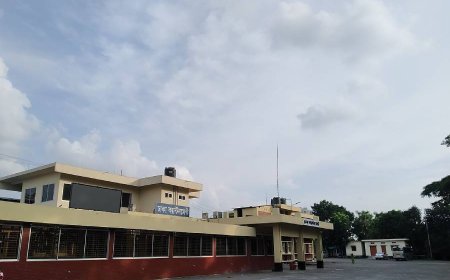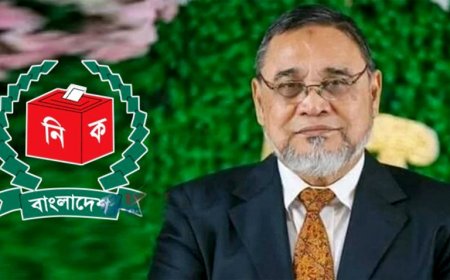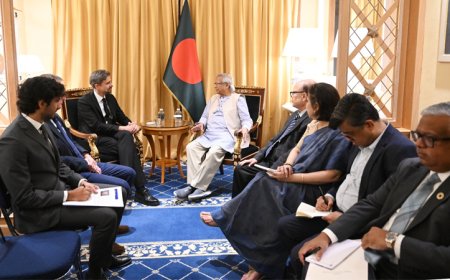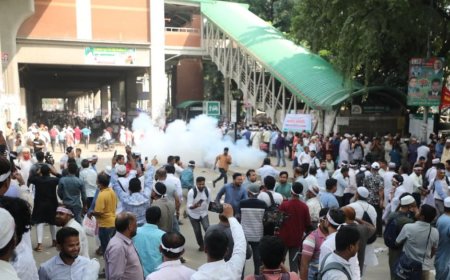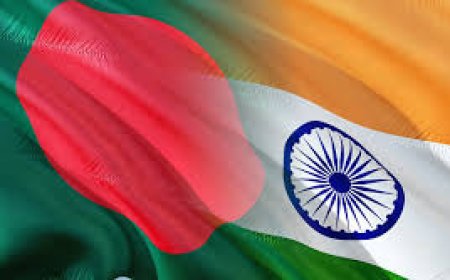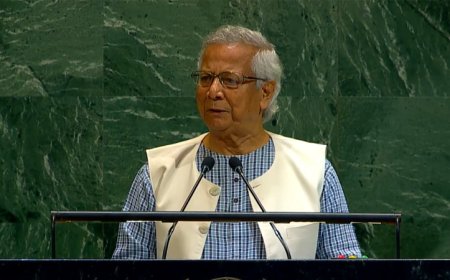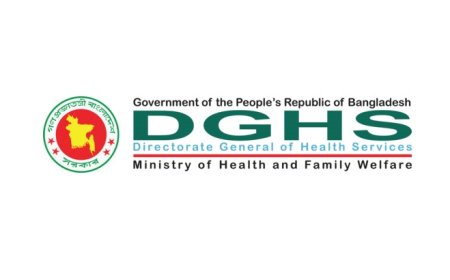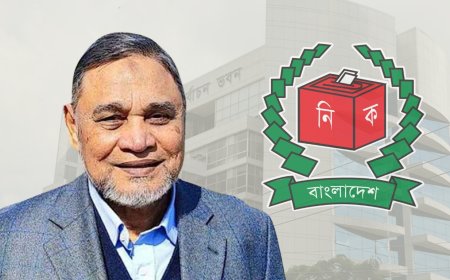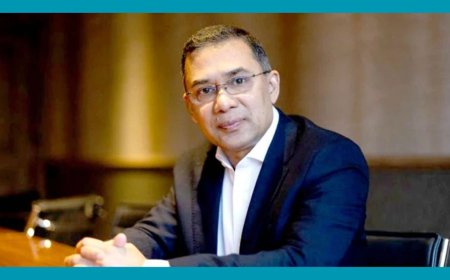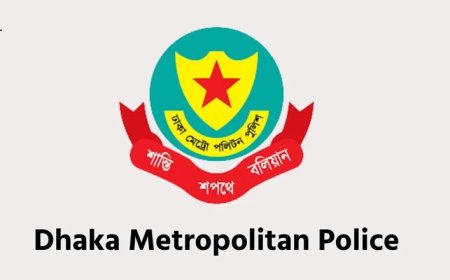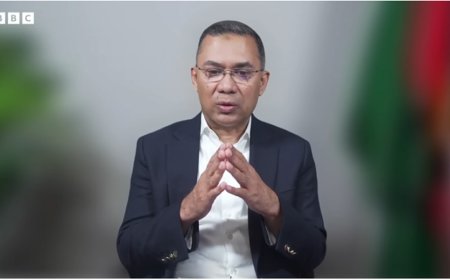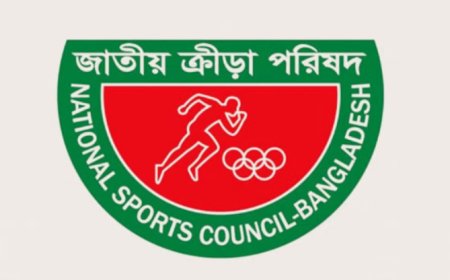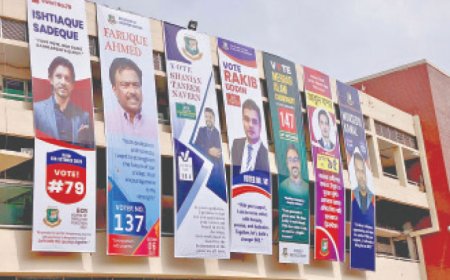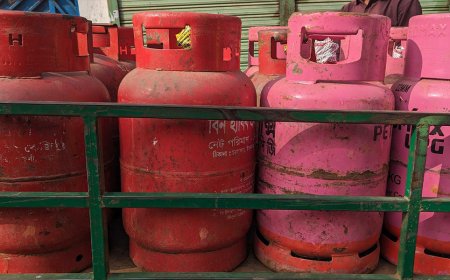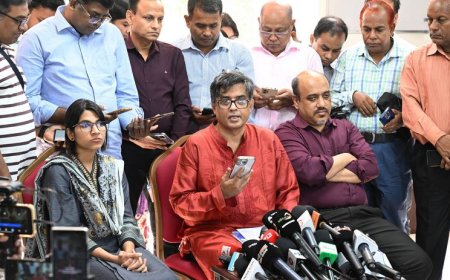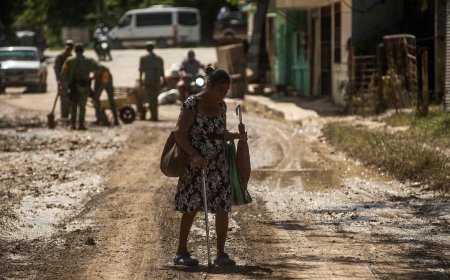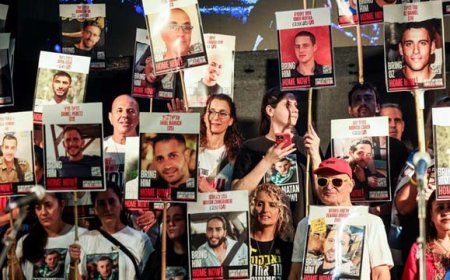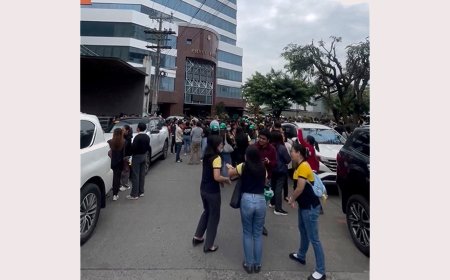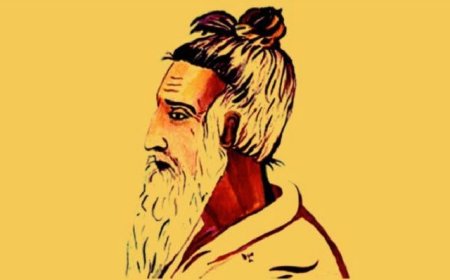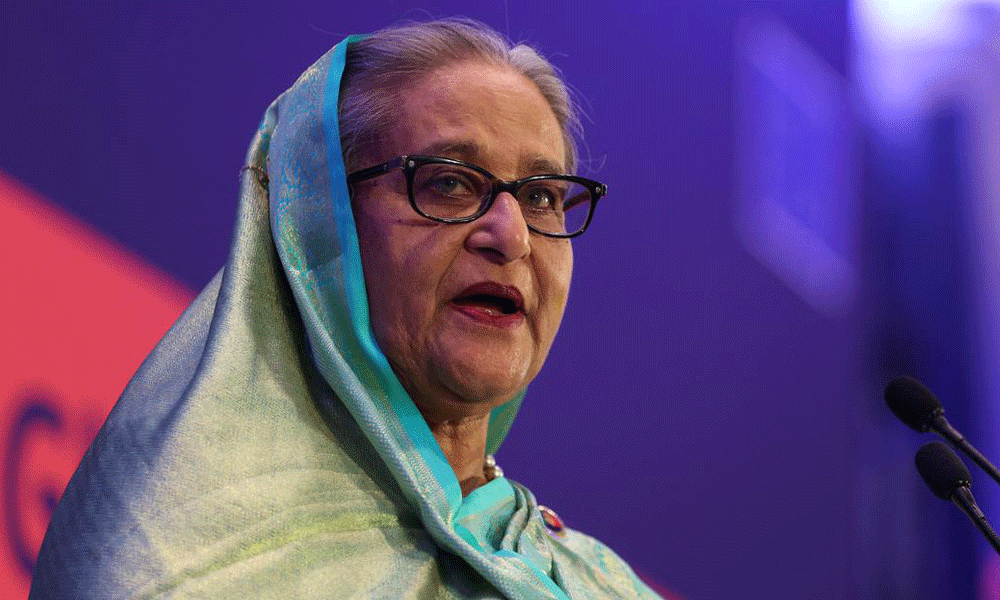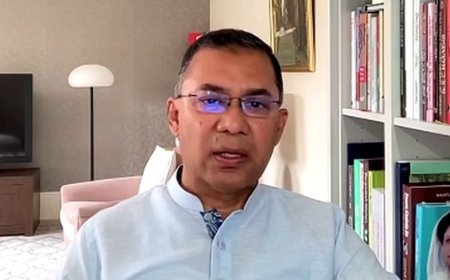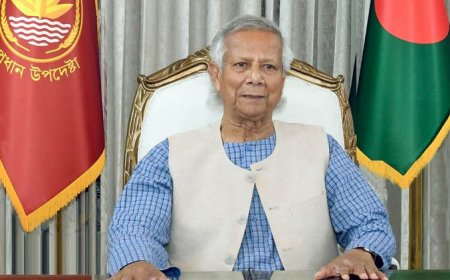Movement leaders announce single-point demand, launch non-cooperation movement from August 3
Movement leaders announce single-point demand, launch non-cooperation movement from August 3.
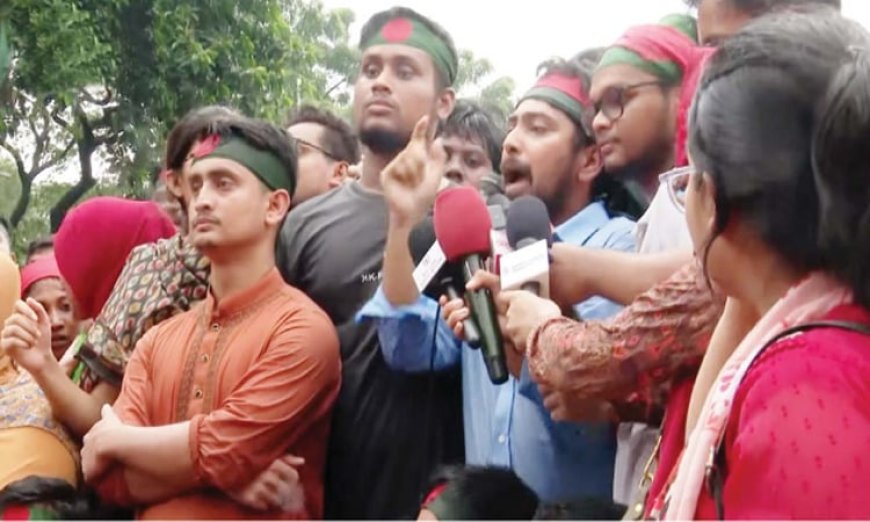
Anti-Discrimination Student Movement Declares One-Point Demand, Launches Nationwide Non-Cooperation
At a massive rally held at Central Shaheed Minar on August 3, leaders of the Anti-Discrimination Student Movement announced a one-point demand: the resignation of then-Prime Minister Sheikh Hasina and her entire cabinet. Rejecting Hasina’s earlier call for dialogue made during a meeting with Peshajibi Somonnoy Parishad leaders at Ganabhaban, movement coordinator Nahid Islam declared the start of a full-scale non-cooperation movement from August 4.
Nahid, now chief of the National Consensus Party (NCP) and former adviser to the interim government, called for the prosecution of Sheikh Hasina for killings and abductions during the mass movement. He also announced the formation of a Jatiya Sangram Parishad, an inclusive national struggle council, to unite citizens across political and social lines against autocracy.
Fellow coordinator Asif Mahmud Shojib Bhuyain outlined 15 civil resistance directives, including boycotts of tax payments, utility bills, government services, and banking remittances. Offices, educational institutions, courts, transport, and factories were urged to shut down, while the army, police, and civil administration were asked to refrain from non-routine duties.
The rally, attended by tens of thousands, extended into surrounding areas like Doyel Chattar, Jagannath Hall, and Shahbagh. Protesters blindfolded the Raju Memorial Sculpture in symbolic protest before blocking major intersections like Shahbagh and Rampura-Badda. Demonstrations also erupted across Dhaka in places like Mirpur, Science Lab, and Banani.
Outside the capital, student demonstrators blocked major highways including the Dhaka-Chattogram and Dhaka-Aricha routes. In multiple districts—Sylhet, Cumilla, Faridpur, Tangail, and Jamalpur—protesters faced attacks from police and ruling party affiliates. At least one protester was killed in Gazipur.
Violence intensified in Chittagong where the homes and offices of top Awami League leaders were vandalized and torched. In Rangpur, two police officers were suspended following the custodial death of student leader Abu Sayed. In Cumilla, ruling party activists opened fire on protesters. Clashes in Bogura turned violent, injuring several students.
Meanwhile, the Chief of Army Staff, General Waker-Uz-Zaman, reaffirmed the army's commitment to public safety, cautioning officers against rumors while maintaining neutrality. Media bodies like BFUJ and DUJ joined calls for Hasina’s resignation after four journalists were reportedly killed during the protests.
On the international front, 22 U.S. Senators and Congress members wrote to Secretary of State Antony Blinken on August 2, urging global action to prevent further democratic backsliding and human rights violations in Bangladesh.
What's Your Reaction?







